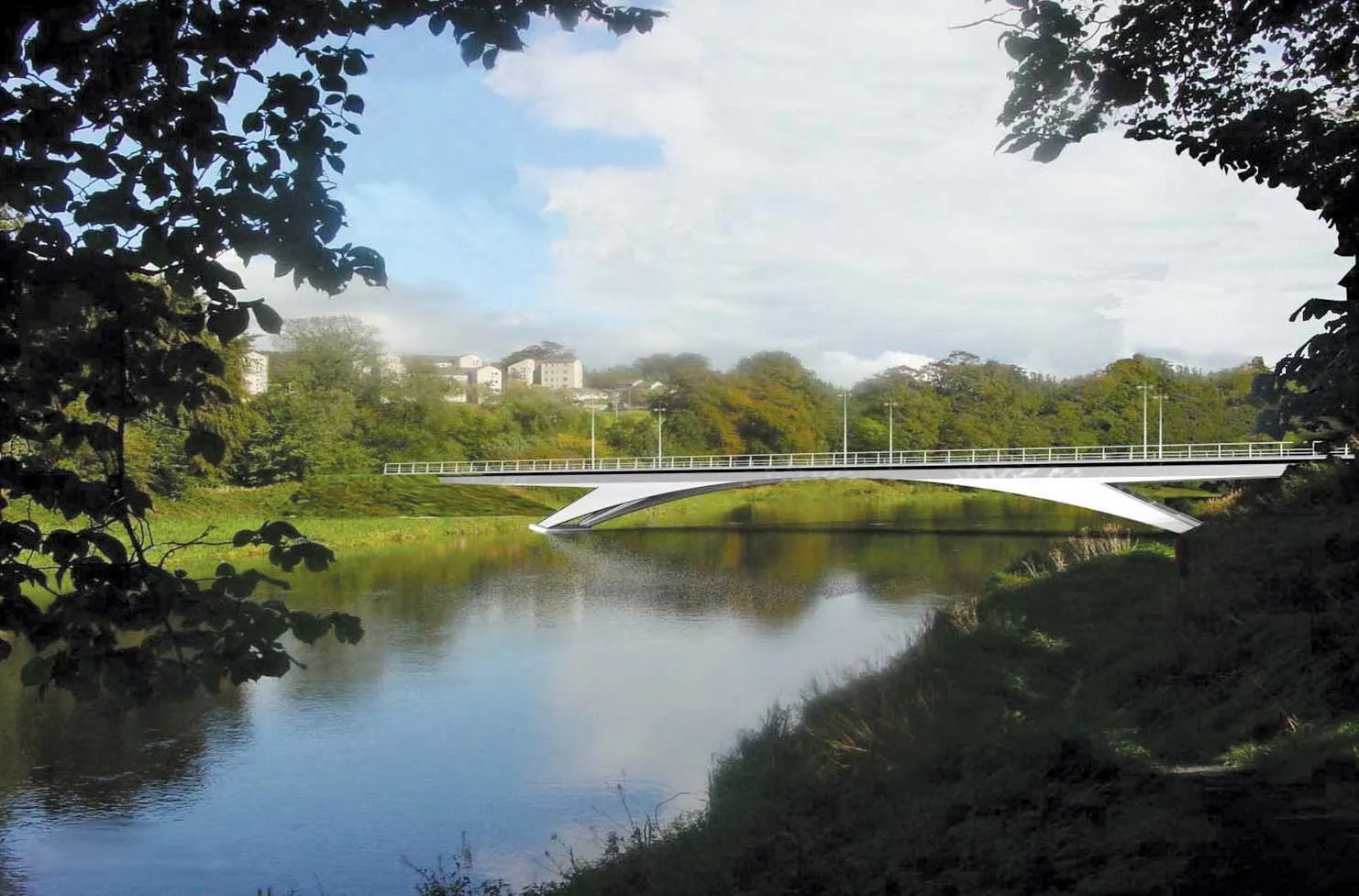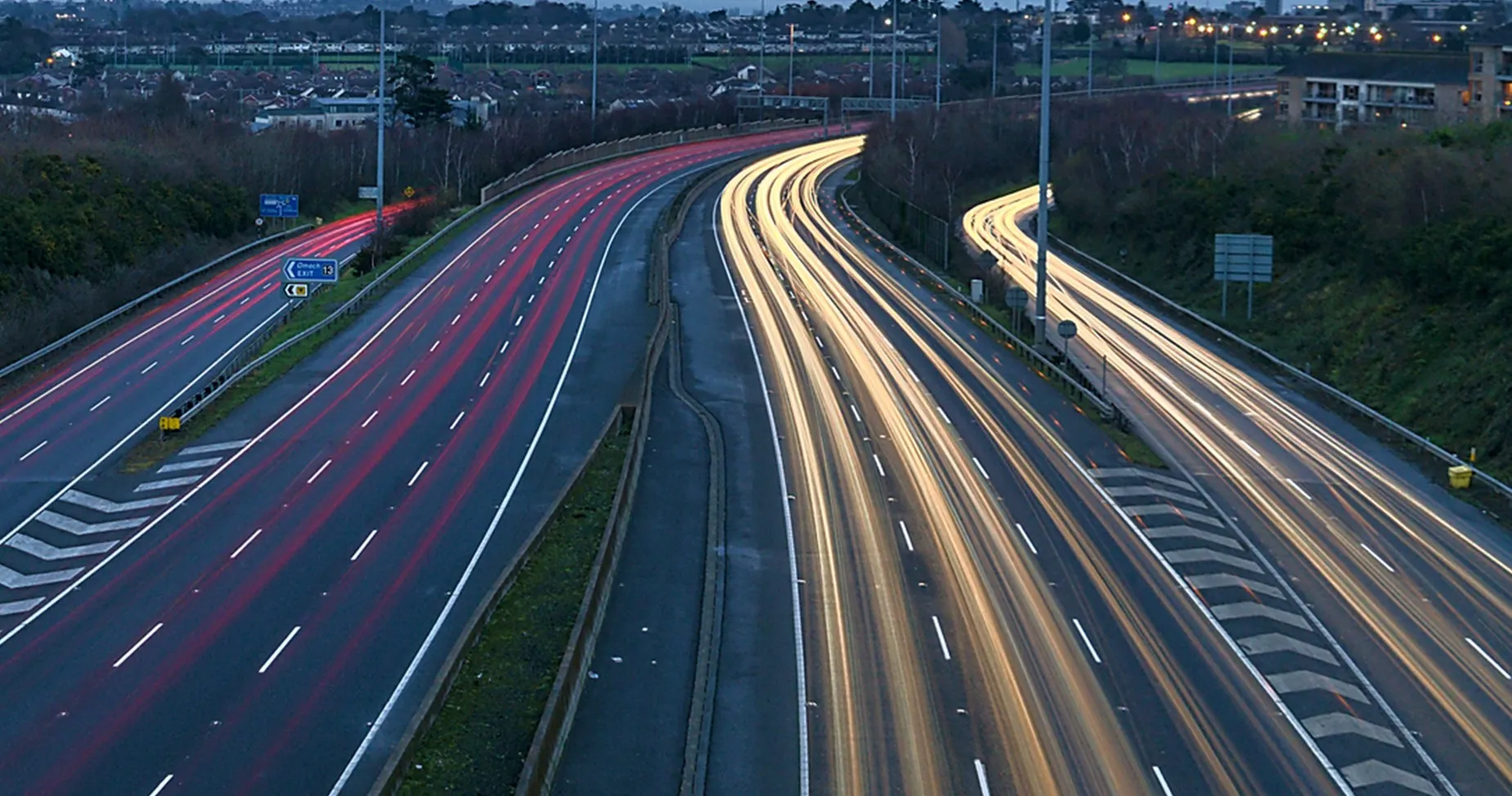
The project to construct the new Forth Crossing close to Scottish capital Edinburgh is looking extremely positive, with cost savings envisaged for the bridge. The Queensferry Crossing scheme now looks to require slightly less funding than had been originally expected when the plans were unveiled in 2011, due in part to tight controls over spending. The bridge costs had been budgeted at close to €2 billion (£1.6 billion) initially but the project now looks likely to cost €1.81 billion (£1.45 billion). The savings from the bridge project will instead be invested in upgrades to the A9, bringing forward the start of this series of works. In all the A9 upgrade is expected to cost €3.745 billion (£3 billion), with the stretch from Perth to Inverness being upgraded to a dual carriageway along its length by 2025. The first of 12 stretches of the A9 to be upgraded will be the 8km section between Kincraig and Dalraddy, with an expected cost of some €62.4 million (£50 million). The new Forth Crossing is being constructed as the existing Forth Road Bridge is wearing out, due to a massive increase in both traffic volumes and vehicle weights that was not conceived when it was first planned in the 1950s. The upgrade to the A9 is much needed as the route provides an important link for transport and tourism between Scotland’s highly-populated Central Belt and the city of Inverness in the Scottish Highlands.
Meanwhile a new bridge is planned for the Scottish city of Aberdeen, centre of the country’s oil industry. Continued growth in the city from the oil industry is fuelling an increase in vehicle numbers, with congestion a serious problem. As a result, Aberdeen City Council has given a contract to Balfour Beatty to construct the Third Don Crossing at a cost of some €17.6 million (£14.3 million). The two existing crossings to the north of the city centre suffer heavy congestion during peak periods at present and this new bridge is intended to alleviate the problem. Balfour Beatty will build the new 90m span over the River Don, which will feature twin open box steel girders supporting a reinforced concrete deck.







